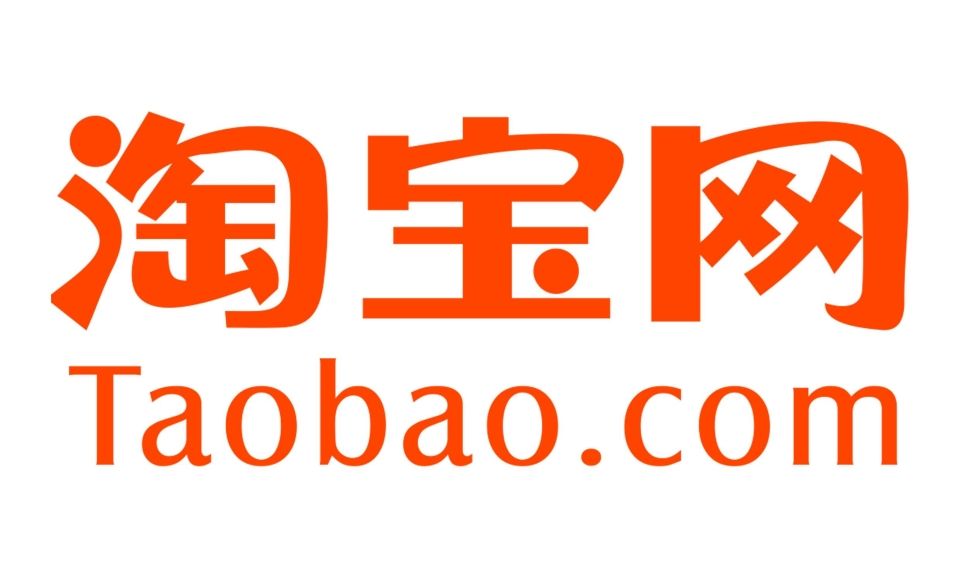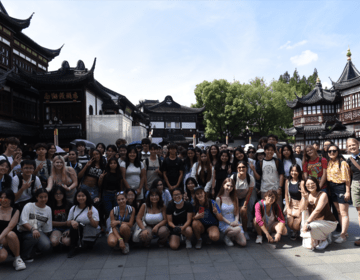APPS In China
Hey Guys! If there's one thing that it seems everybody in Shanghai has, it's a smartphone. And what's on those smartphones? Apps. Lots of them.

However, Many apps that we would consider customary in America, such as Facebook, Google, Instagram, and Snapchat, are either banned or not frequently used in China.
So, you might ask, how do they get by? They have their own equivalents.
What do they have instead of...
Facebook? Messenger? WhatsApp? WeChat. It's a free messaging app that is used by most people in Shanghai, but it serves a variety of other functions as well. Not only can WeChat users communicate through unlimited messages, voice and video calls, but you can also share your interesting "moments" with your friends. WeChat's most interesting feature, though, is a function that allows you to scan a QR code to pay for many goods and services that are usually paid for by cash or credit card in America.

Google? Although Yahoo is not banned in China, the most popular online search site is Baidu, which, just like Google, allows you to search for websites, map locations, images, videos, and more. Just as one would say to "Google something" in America, many Chinese say to "Baidu something" if they do not know he answer to something.
Amazon? China also has its own equivalent. Called Alibaba, it has many of the same functions and goods one would expect of Amazon. In addition, other Chinese e-commerce websites such as JingDong and TMall offer goods such as groceries and luxury-branded items, providing for a much more interesting online shopping experience in China.

CitiBike? It can often be an excruciating process to travel (namely, walk) between two points in Shanghai, but China offers a unique solution: shared-bicycle services such as Ofo or MoBike. Personally, I have used Ofo and I have found it very efficient. You simply scan a QR code on the back of each bike, ride it to your destination, and slide its bike lock shut to end your ride, which costs only 3 Yuan per hour. Additionally, you don't have to look for those bulky bicycle stations as you would with a CitiBike, making it a much more convenient mode of transportation.

Uber? China's equivalent to Uber is called DiDiDaChe, and it operates just the same. Oftentimes, taking a DiDi (as it is locally called) is much cheaper than taking a taxi or even taking the subway.
I hope you all are as amazed with the depth and variety of Chinese apps and technology as I was when I first arrived!
All the best,
Liam Tully(McGill-Toolen High School, Mobile, AL)
Related Posts
Wuxi (无锡) - Day 2!
Hanfu (汉服) refers to the traditional clothes worn by the Han ethnic people of China. In ancient times, hanfu was distinguished by social status, occupation, and occasions. Those in the... keep reading

Exploring Shanghai - Visiting Yu Garden and Old City God Temple
On July 18, students visited the Yu Garden (豫园)and the Old City God Temple (城隍庙) in downtown Shanghai. During the excursion, students walked with their peers to explore the history... keep reading